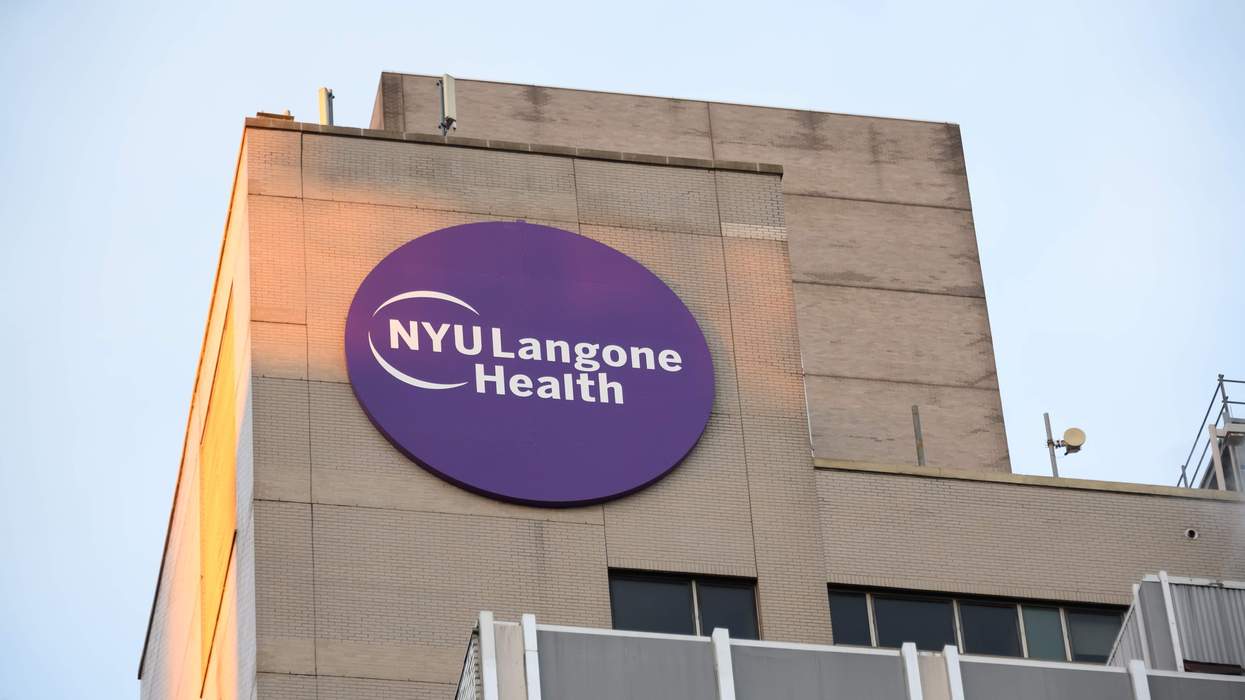Tax Day, our national festival of anxiety, falls a few days late this year. It's a good time to take stock of the sobering economic disparities experienced by the LGBT community, and of a potent new income-boosting tool available to the poorest Californians.
We've all seen the glowing ads showing gay couples frolicking on an exotic beach or out for a night on the town, impeccably dressed. The implicit message is clear: LGBT people -- especially gay men -- are affluent, with plenty of extra cash for fancy clothes, dinners, or vacations. The reality is far different.
Nationally, a third of LGBT people live on an income of less than $24,000 a year. Even in relatively wealthy California, an estimated 34 percent of LGBT people in some rural areas, as well as 30 percent of LGBT African-Americans, 30 percent of LGBT women, and 36 percent of LGBT Latinos, live on incomes below that figure. Nearly a fifth of transgender people live on incomes below $10,000, compared to 4 percent of the general public. And children of same-sex couples are nearly twice as likely overall to be poor, with more than half of children of gay male African-American couples living in poverty.
Economic inequality has become a defining issue of our society. There is no silver bullet that will solve this growing problem, but there is an effective tool to begin to reduce it: the earned income tax credit. The EITC is an obtuse name for a very simple program. By boosting the income of lower income earners, we encourage work while raising the standard of living of our communities.
Last year California lawmakers and Gov. Jerry Brown created the new California Earned Income Tax Credit, taking a powerful step toward boosting the income of Californians who work hard but barely get by. CalEITC was designed to complement the federal earned income tax credit program, widely recognized as one of the most effective poverty reduction programs in the nation. It improves the lives of working families by making work pay better and providing needed cash that helps pay for rent, food, clothing, and transportation. That, in turn, boosts entire communities by stimulating the local economy.
For 2015, the first tax season of CalEITC, 400,000 working Californians claimed almost $200 million in cash-back refunds from the credit. A public-private outreach campaign was built and mobilized to reach and educate eligible filers -- most of whom were not familiar with the federal program and many of whom were not traditional filers. The concerted effort raised awareness of the benefits of the EITC, showed people how and where to file their taxes for free, and resulted in more Californians now claiming the federal EITC as well.
The combined economic impact of the state and federal EITC is profound, putting thousands of dollars directly into the pockets of lower-income working Californians while injecting hundreds of millions into the state's economy. But CalEITC is about much more than the immediate benefits of putting cash back in people's pockets -- in the long term it can reduce the persistent economic anxiety that so many hard-working Californians -- hundreds of thousands of LGBT people among them -- face. It provides an opportunity to look past getting by day-to-day to creating financial stability for the future.
Visit CalEITC4Me.org to see if you are eligible and find a free tax prep site near you.
RICK ZBUR is executive director of Equality California, the nation's largest statewide LGBT civil rights organization. JOSH FRYDAY is president of Golden State Opportunity, the statewide outreach and education campaign for CalEITC.















Charlie Kirk DID say stoning gay people was the 'perfect law' — and these other heinous quotes
These are some of his worst comments about LGBTQ+ people made by Charlie Kirk.